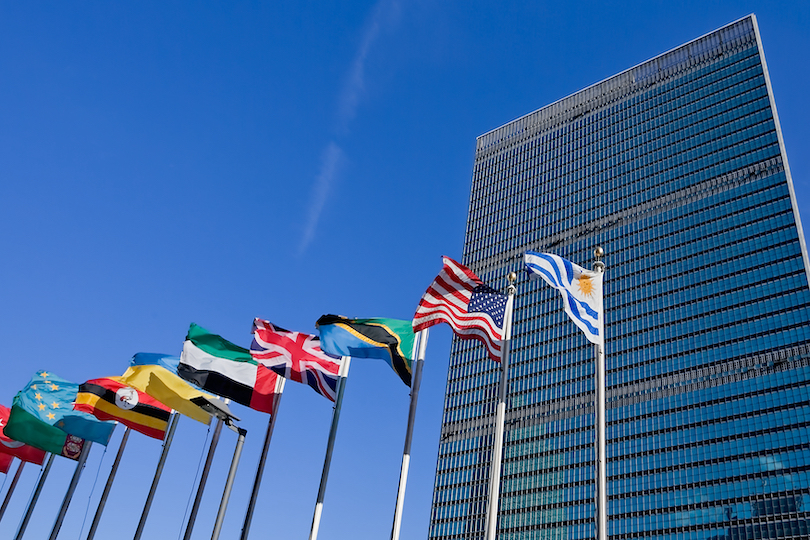What is Post-Structuralism?
Post-structuralism is a critical approach in IR that questions fundamental truths and dominant narratives, particularly those focused on the state and its central role in global politics. Unlike traditional theories such as realism and liberalism—which view states as unitary, rational actors—post-structuralism investigates how these ideas and “realities” are constructed through language, discourse, and power relations.
Key Concepts
-
Language and Discourse: Reality in IR is not only objective and observable but also subjective, shaped and constructed through language. Post-structuralism emphasizes that language plays a crucial role in defining what is accepted as truth or reality.
-
Critique of Mainstream Theories: Realism and liberalism are viewed as myths that overlook marginalized actors like non-state and transnational organizations, while ignoring how power shapes accepted knowledge.
-
State Sovereignty: Post-structuralists challenge the traditional notion of state sovereignty and centrality, highlighting how globalization, multinational corporations, and international institutions erode state power.
-
Power-Knowledge Nexus (Foucault): Power and knowledge are deeply intertwined; those in power shape knowledge to maintain dominance, thereby influencing what is regarded as truth in IR.
Major Contributors
-
Richard K. Ashley: Criticized neo-realism for its ahistorical nature and tendency to reify abstract structures, neglecting states’ identities and historical contexts.
-
Rob Walker: Argued that sovereignty is eroding due to globalization and pressures from multinational corporations and international organizations.
-
Michel Foucault: Introduced the concept that power and knowledge are inseparable, emphasizing how elites control narratives that shape political understanding.
-
Steve Smith: Highlighted the cultural embeddedness of IR theories, arguing they are context-specific rather than universal.
Criticisms of Post-Structuralism
-
Often considered an approach rather than a fully developed theory, focusing more on critique than providing independent explanations.
-
Critics such as Robert Keohane argue that post-structuralism remains marginalized without substantial empirical scholarship to support it.
Post-Structuralism and the Islamic Perspective
Post-structuralism shares several affinities with Islamic thought, particularly its emphasis on self-knowledge, inquiry, tolerance, and critical thinking.
-
Both reject imposed dominant narratives; Islam explicitly forbids compulsion in religion (Quran 2:256).
-
The Islamic tradition of Isnad (chain of transmission) parallels post-structuralism’s focus on context, source reliability, and critical interpretation.
-
Islam encourages ijtihad (independent reasoning), shura (consultation), and ijma (consensus), reflecting the post-structuralist value of diverse perspectives and skepticism toward universal truths.
Summary
Post-structuralism urges IR scholars to critically examine accepted truths about state power, sovereignty, and international politics. It reveals how language, culture, and power shape these “realities,” promoting skepticism toward mainstream Western-centric narratives. This critical stance aligns with Islamic principles of inquiry, reasoning, and tolerance, opening avenues for rich intellectual dialogue between the two traditions.

